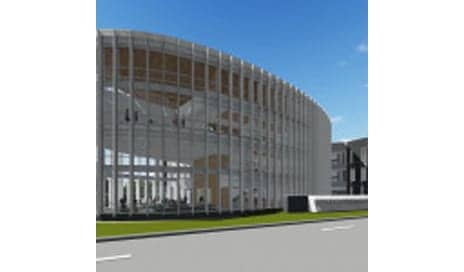The Center for BrainHealth, part of the University of Texas at Dallas (UT Dallas), recently broke ground on its new Brain Performance Institute in Dallas’ Medical District, according to a media release from UT Dallas.
The 62,000-square-foot-facility, set to open its doors in spring 2017, will offer scientifically validated programs and assessments that can enhance brain performance and health.
“Many people don’t think about their brain until it is injured, diseased, or aging. But just like physical health, almost everyone can improve brain health,” says Sandra Bond Chapman, PhD, Center for BrainHealth founder and chief director, in the release.
“The Brain Performance Institute will be the first facility of its kind – not an acute treatment center, but a place where healthy people as well as people who have sustained a brain injury or disease have the opportunity to help their brain become healthier, more efficient and less stressed,” Chapman adds.
In the last 2 years, the Brain Performance Institute has served more than 40,000 people—ranging from professional athletes and executives to military veterans and teen—via either the Center for BrainHealth or mobile teams.
Eric Bennett, Brain Performance Institute executive director, shares in the release that having their own facility will enable the Institute to reach even more people.
“This facility will house state-of-the-art imaging, stimulating learning platforms and community-focused events featuring experts from around the world,” Bennett explains. “Initial offerings will include BrainHealth Physicals, virtual reality training for teens and adults on the autism spectrum, as well an array of high-performance brain training programs.”
“Bringing the latest in new brain research adds a whole new dimension to health care,” says UT System Chancellor William H. McRaven, in the release.
“The Center for BrainHealth with its Brain Performance Institute is on a trajectory to make significant advancements in the way we care for our brain health as individuals nationally and globally. We are proud to be able to showcase this translational research model as another defining asset to the UT System,” he adds.
[Source: University of Texas at Dallas]





